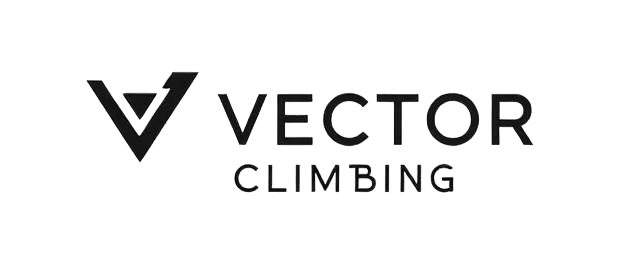DON’T Trust the process?
I often see, hear, and use the phrase “trust the process”. These three words carry a lot of wisdom and versatility, BUT most people using it couldn’t explain what “the process” is. It’s become a blanket response in any and every context.
“I don’t feel that good today” - Trust the process.
“I want to climb my first __________” - Trust the process.
“What am I missing” - Trust the process.
It’s not bad advice, but it’s vague, and more importantly, ill-defined. Climbers just about deify “the process” - praising it, preaching it, but never really defining it. What is it? What does it mean?
The vagueness in “trust the process” can give people an excuse to avoid examining what they’re doing, or it can keep them stuck in a cycle that’s not progressing them.
Take a look at the marketing ad below. It’s catchy. In a way, it’s comforting. It frees you from having to think too much, and alleviates the stress of understanding.
This is wrong - or at least, undeveloped.
To quote James Clear, “we have a word for beliefs that don’t have evidence. We call it delusion.” Ideally, your process incorporates habits and behaviors that act as evidence for your goals.
Let’s start with what the process is NOT:
Process is not whatever you want it to be.
Process is not punching the clock on a project.
Process is not incessant experimentation in your training.
Process is not going into the gym to climb on the new set twice a week.
Process is not universal, but I would argue it has two universal commonalities:
Intention - every goal and every session needs a purpose, and it’s important to know that purpose in advance. Intention is not retrospective (e.g. “I guess today was an endurance day since I feel super pumped from those routes”).
Consistency - You need to show up, repeatedly, for a long time. Sometimes it works quickly - great keep doing it. More often, it takes time, or you perceive diminishing returns. That doesn’t mean it isn’t working.
So, trust the process, or don’t?
Well, yes. Just make sure you actually have a process before you trust it.
And if you need help answering the question or developing a process, we can help. Free. Book a 20 minute consult anytime, just to learn more.


